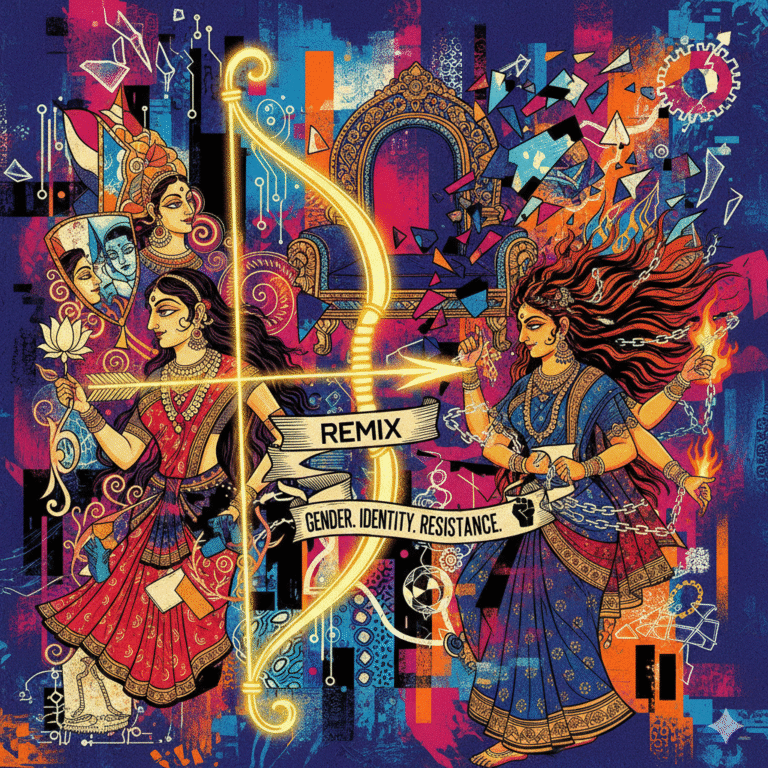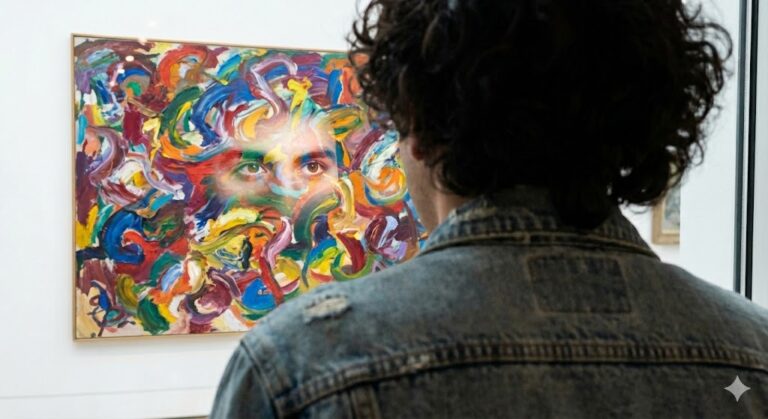by Arjun Ghosh
In the late 1950s a significant event happened quietly in the world of English music that was hardly noticed except by the blues cognoscenti. Radio Luxembourg started broadcasting a singer named Elvis Presley, till then largely unknown except in a limited audience in America. Some of the young English musicians or would be musicians were completely blown away by the sound without even knowing who this guy was. As Keith Richards of the Rolling Stones says in his autobiography, he just happened to hear Elvis singing “Jailhouse Rock” by chance one night on the radio and got up the next morning ‘…a different man!’
This was a time when music in America was dominated by the likes of Frank Sinatra, Dean Martin, Sammy Davis Jr. etc. which was basically pop music and an extension of the big swing bands. Apart from that hard core jazz was what held the sway with purists who would listen to nothing else. Across the ocean in England, pop artists like Cliff Richard were the most popular. Then by the end of the 50s, a small group of hardcore blues aficionados came up in England. They discovered the American delta or the Mississippi blues and were fanatic about it. This was essentially the music of the black cotton field workers who played a hard basic blues on basic guitars, mostly solo or stomping on four-by-four wooden pieces. The originator of this music, or the ‘granddaddy of the blues’ was Son House, who would play and jam with other cotton field musicians in little speakeasies around the field.
The disciple of Son House was Robert Johnson, who is considered to be the Father of the blues. However, he was not all that good when he started playing and Son House and the others would only let him touch and tinker with their guitars during their break. But then he suddenly disappeared for nearly six months and when he came back, Son and the rest were blown away with his playing, and this gave rise to the legend of the crossroads. Accordingly to it, a wannabe blues musician could go to the crossroads, where the Devil would be waiting for him. There he could sell his soul to the Devil in return for extreme skill in playing and singing the blues.
This was the root from which the black American blues men like Muddy Waters, Howling Wolf, Buddy Guy, Chuck Berry and others sprang. And thanks to a recording company called Chess Records, their music reached England and was eagerly lapped up by the blues aficionados there.
In London, these blues purists would meet at each other’s place, in Jukebox parlours, clubs, and exchange records or the catalogue numbers of the latest records from Chess so they could send for it. And then another significant event happened that took the blues to an even higher level in England. A documentary called “Jazz on a Summers Day” of the Newport Jazz Festival came to England, featuring Thelonious Monk, Louis Armstrong, Mahalia Jackson and most importantly, Chuck Berry. English blues fans drove miles to watch it, including young musicians like Mick Jagger, Keith Richards, Alexis Korner, Ian Stuart, Charlie Watts etc. The evolution of jazz into blues or the blues rock that Chuck Berry did completely enthused them.
Soon the English blues musicians were playing various gigs in London. And at the vanguard of this movement was Alexis Korner’s Blues Incorporated, who would play one night a week at the Ealing Jazz Club. Many later famous musicians played with Blues Incorporated too – like Charlie Watts, Jack Bruce, Ginger Baker, Brian Jones, Ian Stewart and many others still, like Mick Jagger, Keith Richards, Mick Taylor and Eric Clapton would jam with them frequently. Another band that deserves special mention in the context of the English blues movement was John Mayall and the Blue Breakers.
Then in 1964, the Beatles toured USA and the floodgates for English musicians to America opened. The Beatles were followed by The Rolling Stones and soon by others. And a curious phenomenon happened. Americans re-discovered the blues which were so far confined mainly to cabaret acts, through the English musicians and the blues in the garb of rock and roll and rhythm and blues became wildly popular.
The English musicians in turn got to meet their childhood icons and a chance to play with them in concerts their promoters set up. They must have felt that they have died and gone up to heaven.
Soon, the American blues men started coming to England and Europe in droves, facilitated by their buddies – the English musicians. Many collaborations were formed, resulting in many joint concerts and recordings – like The London Sessions by Howling Wolf and Eric Clapton.
This platform in blues laid down by the English musicians and the black Americans – mainly Chicago bluesmen – was developed by later bands. Like Cream, Ten Years After, Traffic, Yes, Manfred Mann, Emerson, Lake & Palmer, and so on. But that’s another story for another day.
About the author
Arjun Ghosh has been a respected advertising writer since the seventees and has worked with a number of big brand agencies and on big brands spanning over 45 years. Educated at St Xavier’s College, Kolkata and St Stephens, Delhi, he is a product of the ethos of the 60s and has authored a book, Six Years on the Dope Trail (Notion Press), recounting his travels and life in the sixtees and early seventees. He is considered one of the knowledgable few in the business of Rock, Pop and what have you.
Art Pickles have done a video interview with Arjun on his book: https://www.youtube.com/watch?v=pTyAG_uUbF8








Wow! Thank you! I continually wanted to write on my blog something like that. Can I include a part of your post to my site?
Please give credit.
An impressive share! I’ve just forwarded this onto a colleague who was doing a little homework on this. And he in fact ordered me breakfast simply because I found it for him… lol. So allow me to reword this…. Thank YOU for the meal!! But yeah, thanks for spending time to talk about this subject here on your website.
Thanks for writing to us. Your words mean a lot. Please keep on reading and sharing our write-ups with your friends.
This site was… how do you say it? Relevant!! Finally I have found something which helped me. Appreciate it!